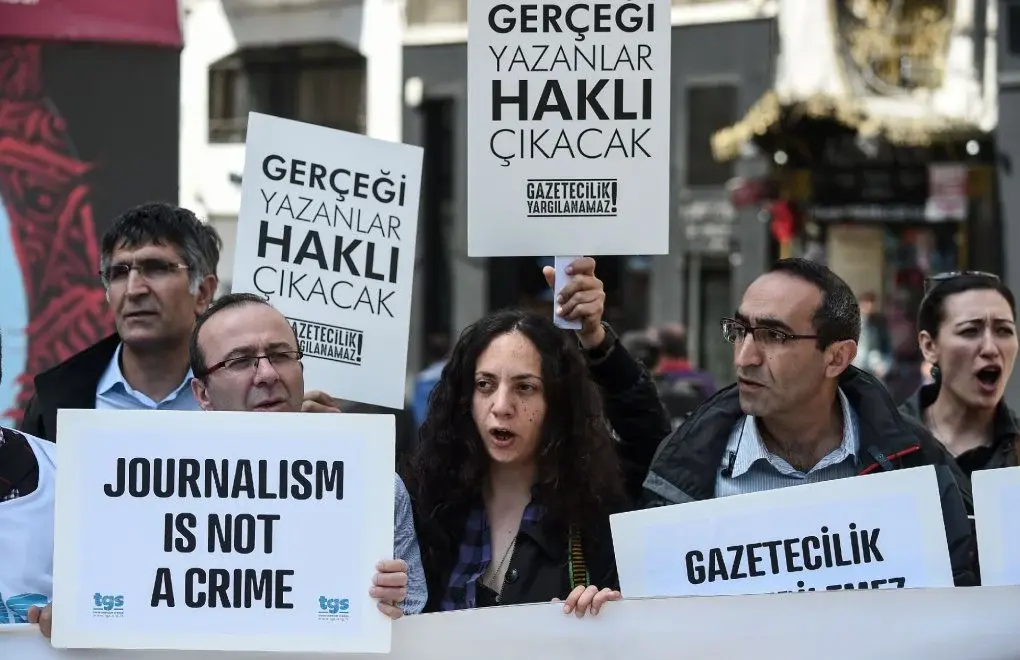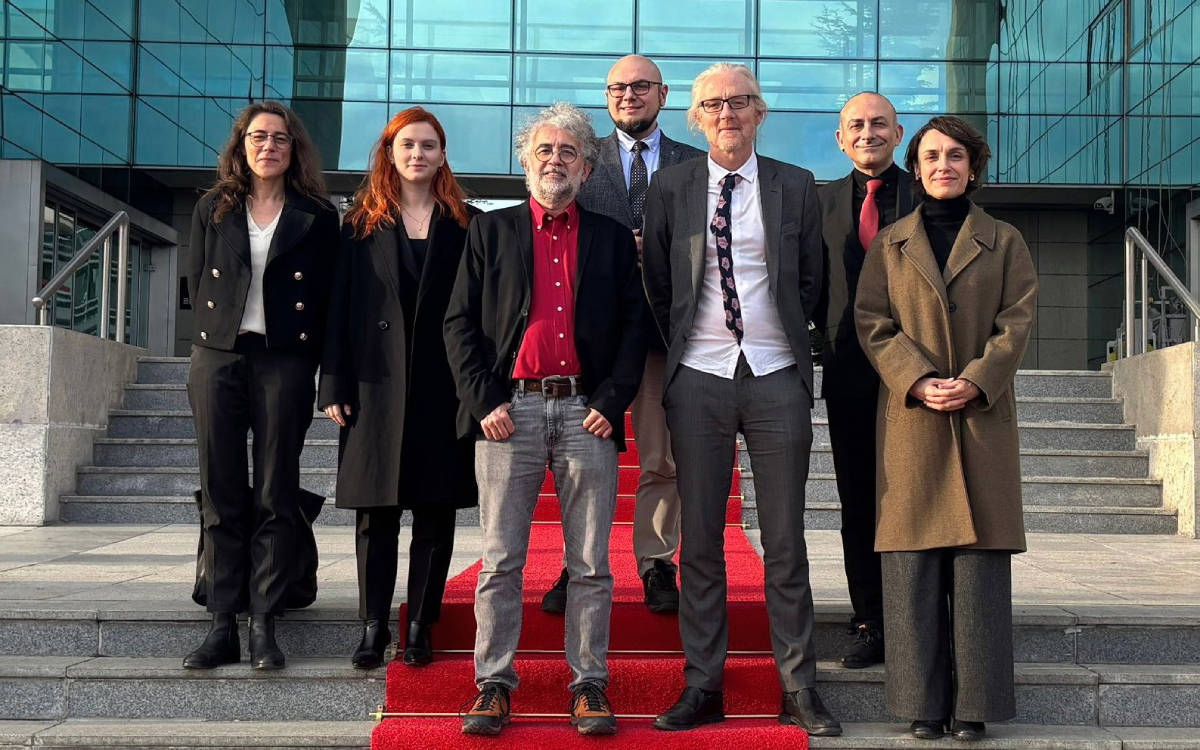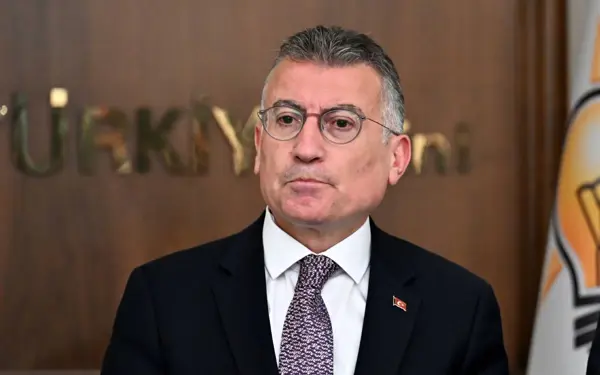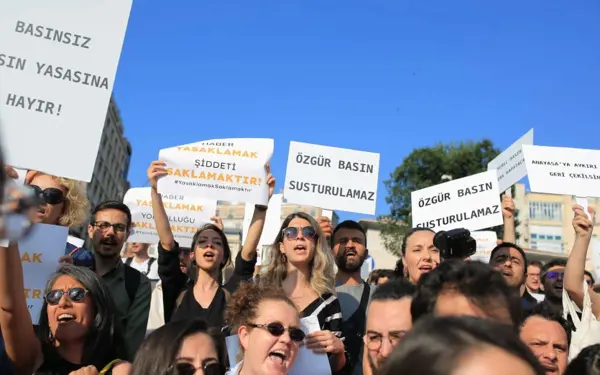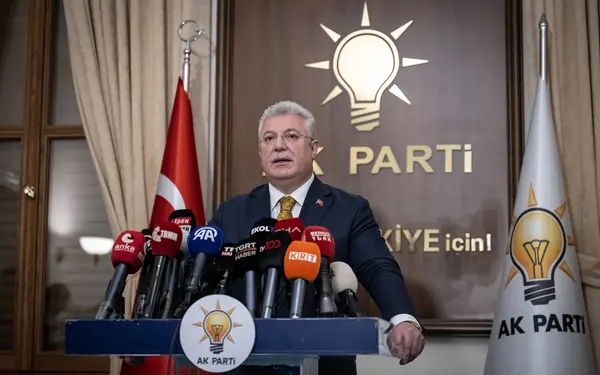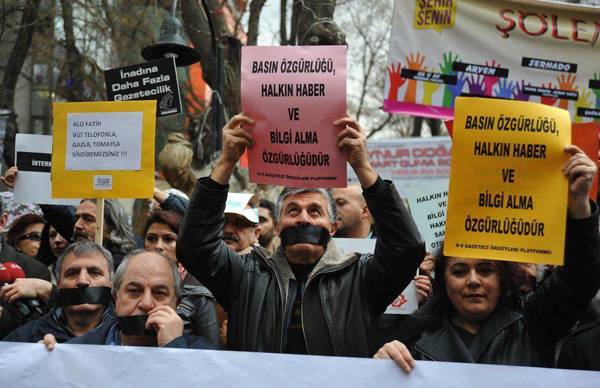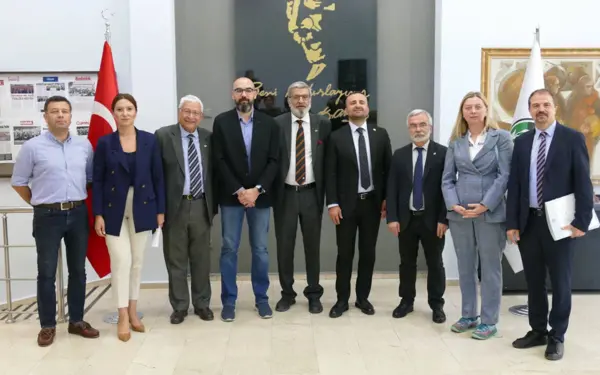The Press Council, a self-regulatory organization for journalism in Turkey, has denounced a draft law that would expand the definition of “espionage” under the Turkish Penal Code.
The law could potentially be used to label journalists as “agents of influence,” and therefore to suppress critical reporting, the council said in a statement today.
The parliament will discuss this week the proposed law, part of a broader legislative package known as the Notary Law Amendment Bill.
The government initially introduced the bill in June, but it was withdrawn from an omnibus package following strong opposition from journalism and free expression groups.
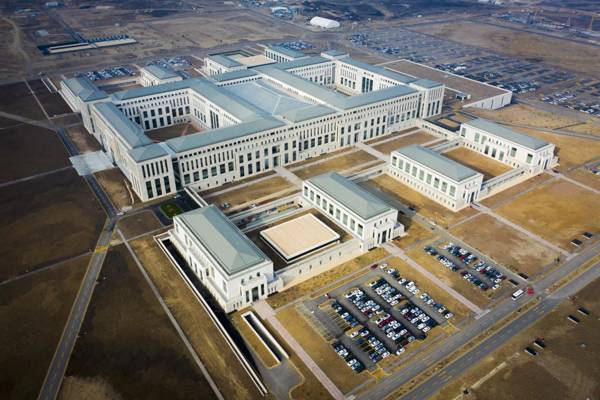
Reports: Turkey to include ‘influence operations’ in anti-espionage legislation
The Press Council warned that the proposed offense, with its vague and broad definition, could result in journalists who report critically on government actions being prosecuted.
“If this law enters into force, journalistic activity may be arbitrarily characterized as 'spying for influence' and journalists and media outlets engaged in critical reporting will face the threat of prosecution and imprisonment,” read the statement
“The regulation in question, which grants wide discretionary power to the government with practices that are far from transparency and accountability, includes questioning, which is the basic element of journalism, within the scope of 'crime against the security or political interests of the State'.
“These criminalization efforts, which are unacceptable in democratic societies, violate Articles 9 and 10 of the European Convention on Human Rights, to which Turkey is a signatory.
“This new definition of crime, which can be interpreted broadly and is extremely vague, aims to intimidate all opposition groups by putting them under the clamp of so-called espionage.
“We are urgently waiting for this draft, which is allegedly brought to the Parliament to combat the new type of espionage but has the potential to turn into a 'witch hunt' not only against journalists but also against the whole society, to be abandoned.” (VK)





